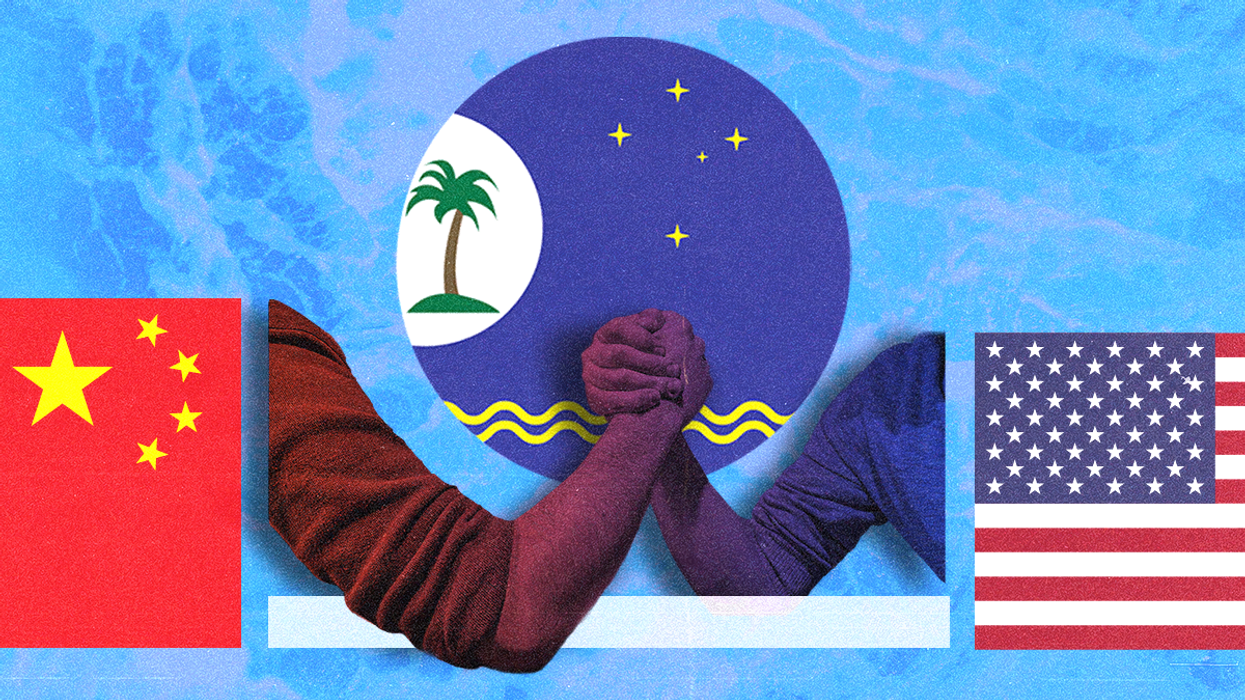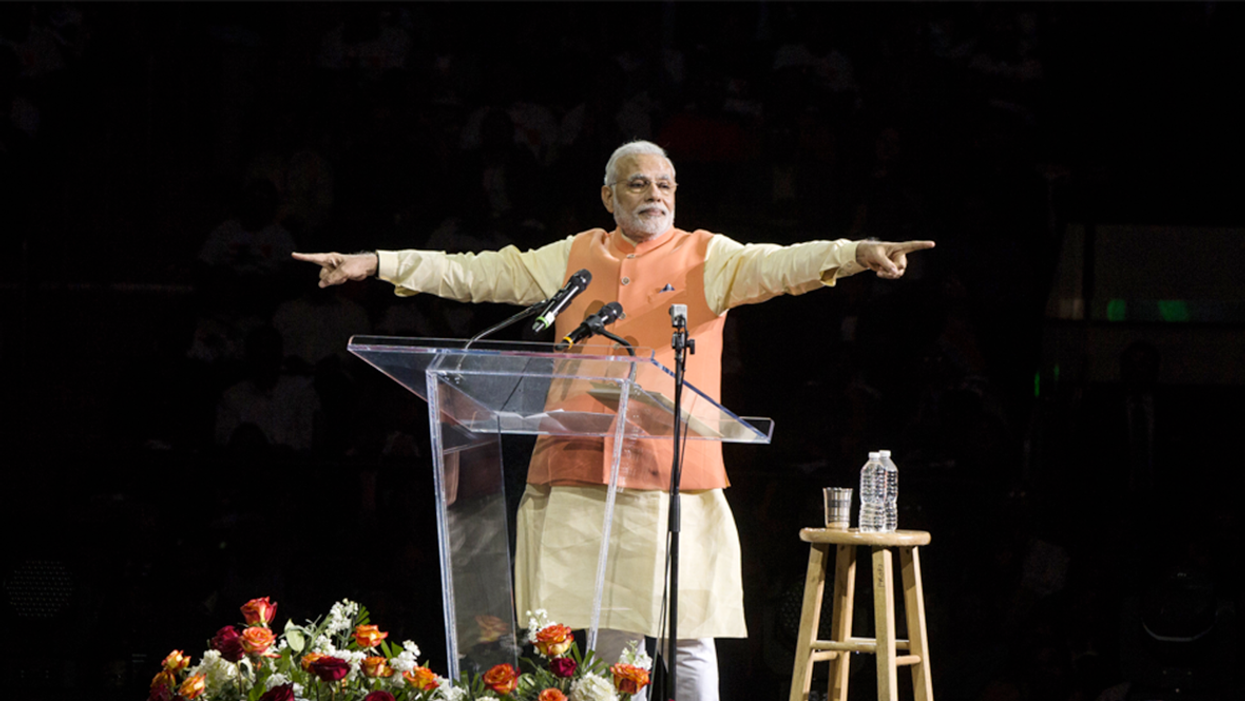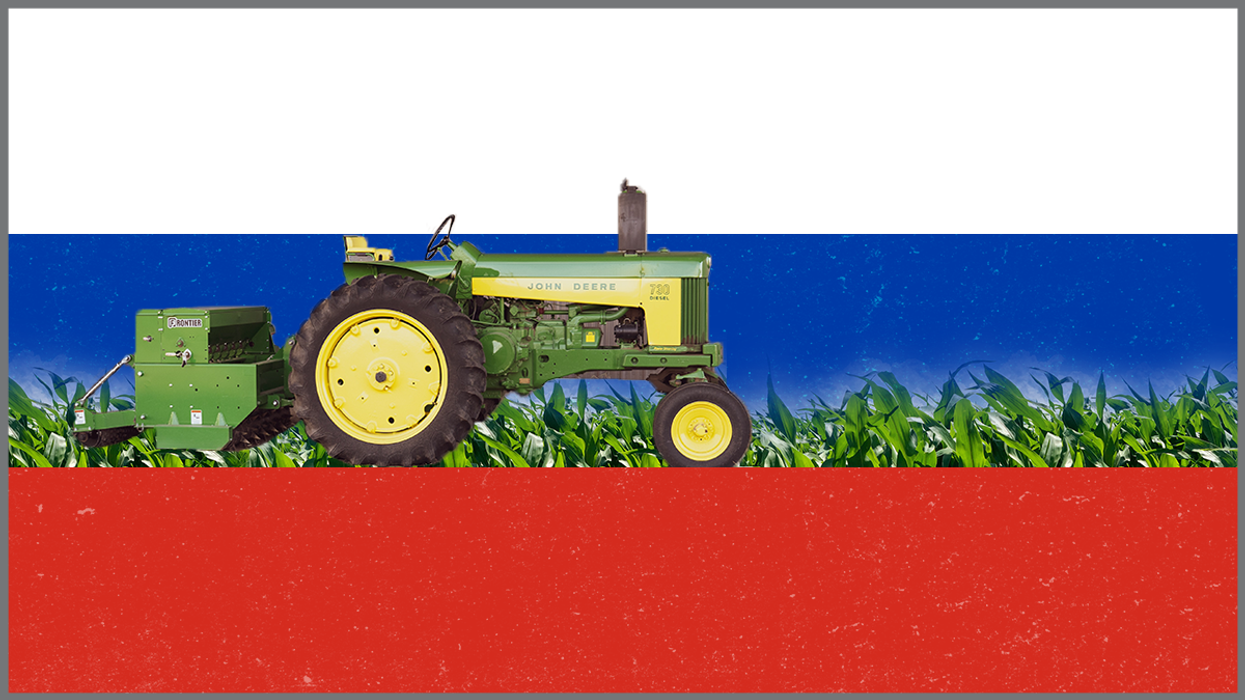VIDEOSGZERO World with Ian BremmerQuick TakePUPPET REGIMEIan ExplainsGZERO ReportsAsk IanGlobal Stage
Site Navigation
Search
Human content,
AI powered search.
Latest Stories
Sign up for GZERO Daily.
Get our latest updates and insights delivered to your inbox.
Global Stage: Live from Davos
WATCH
Charu Sudan Kasturi
Charu Kasturi is a freelance writer specializing in foreign affairs. He is based in Bangalore, India, and often writes for outlets such as Al Jazeera and Foreign Policy.


